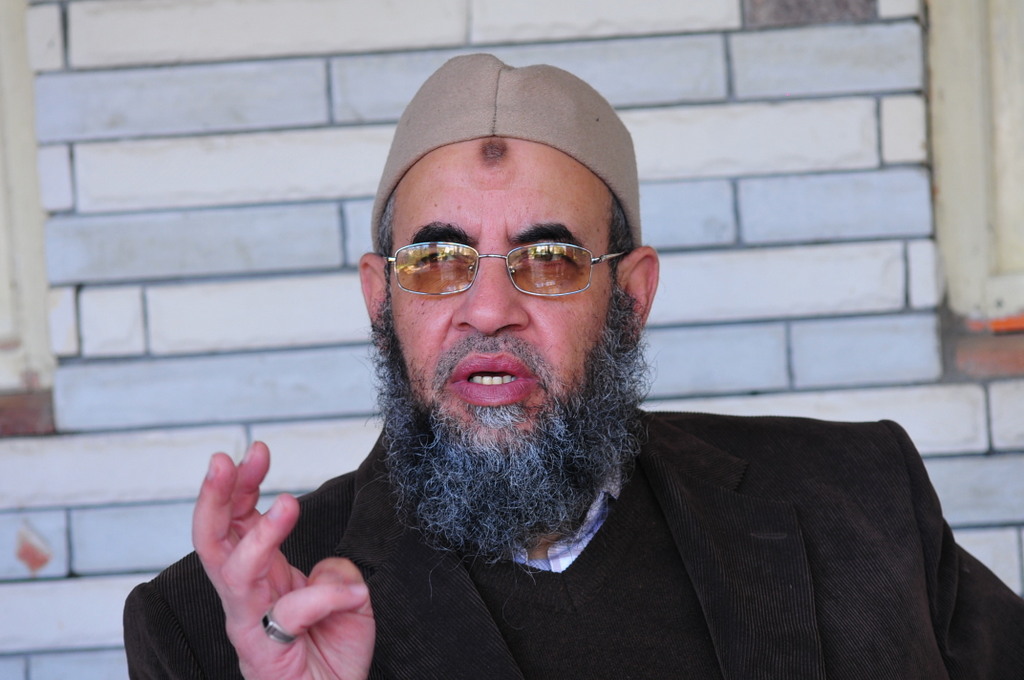Egypt’s Minister of Transport Kamel El-Wazir has blamed the presence of “extremist elements” that do not want Egypt to enjoy security, safety, and peace for some of the accidents that have occurred on the country’s railways.
The Minister said that about 162 railway workers and technicians are linked to “extremist and excitatory activities”.
During his speech before the plenary session of the House of Representatives on Monday, El-Wazir added that by the end of 2021, all old and new train cars in Egypt’s railway system will be refurbished. He noted that 90 Spanish-made train cars have undergone this restoration, while sleeping cars are being redeveloped.
El-Wazir said that a plan is in place to develop the fleet of mobile units on the railway at a cost of EGP 53bn.
Last week, 11 passengers died as a result of a train derailment in Banha, whilst 98 others were injured. The incident was the third train accident in Egypt in less than a month.
Railway services were suspended in northern Egypt after the Cairo-Mansoura Train 949 left the tracks in Sandhour near the town of Toukh, about 30 km north of Cairo.
El-Wazir said that he has called for a statement on the development of the railway sector, whilst pointing out that in an earlier stage, 50% of railway tractors had failed. This was in addition to the disappearance of spare parts, and Egypt’s railway sector facing debts.
“We seek to provide the highest levels of safety, connect Egypt to African and Arab countries, resort to modern means of transport, apply smart transportation methods, raise the efficiency of the human element, and develop the institutional and legislative situation,” he added.
He further explained that the Ministry of Transportation represents not only Egypt’s railway sector, but also other sectors covering the transport sector.
He added, “The problem is that the public is in contact with the railway daily, but there are 10 bodies [affiliated to his ministry] bigger than the railways.”
Train accidents are frequent in Egypt, which has one of the largest and oldest railway roads in the Middle East. The country’s railways have long suffered from a lack of any safety standards through successive governments.
According to an official statement in 2017 by the Egyptian National Railways (ENR) and the Central Agency for Public Mobilization and Statistics (CAPMAS), 12,326 rail accidents took place between 2006 and 2017. CAPMAS added that there were 1,793 train accidents in 2017 alone.
The latest official figures revealed that the number of train accidents decreased by 8.9% to 1,863 accidents in 2019 compared to 2,044 accidents in 2018. Meanwhile, the rate of severity of train accidents increased to 42.4 deaths/100 injured persons in 2019, compared to 34.3 deaths/100 injured persons in 2018.
The country witnessed several train crashes in the last 20 years resulting in hundreds of casualties. The deadliest train accident happened in February 2002, when at least 373 people were killed when fire swept through an overcrowded train near Al-Ayyat in Giza.



